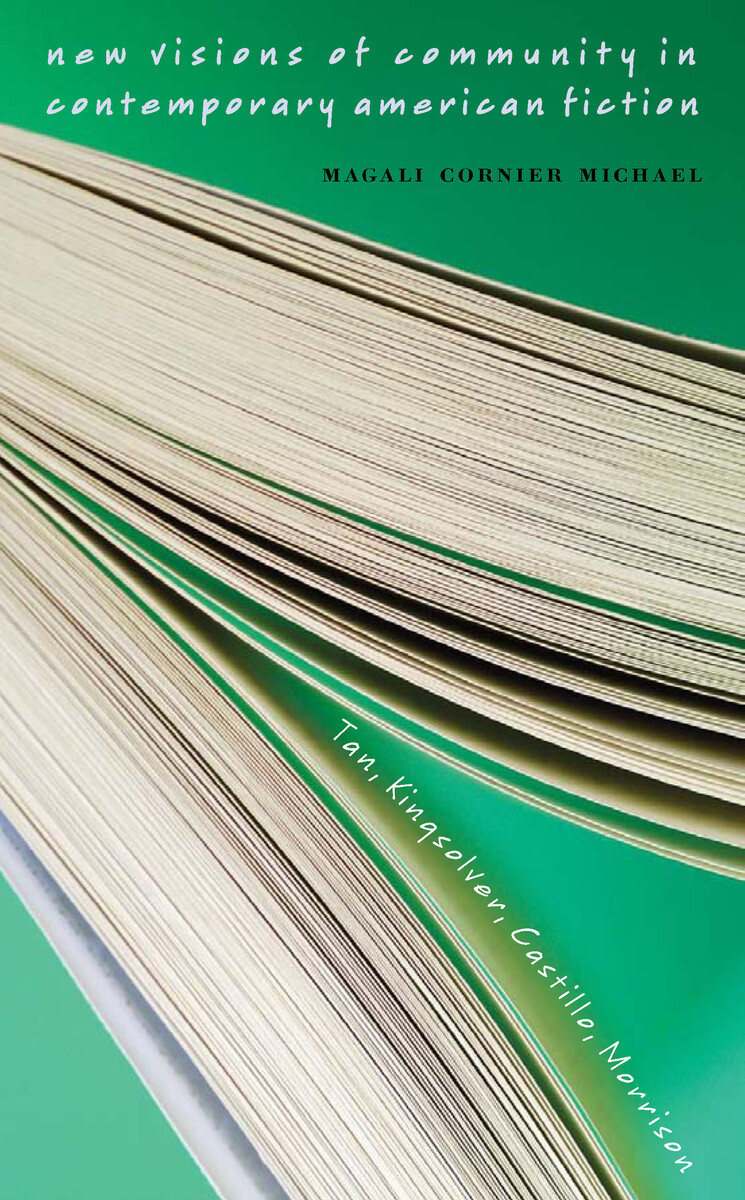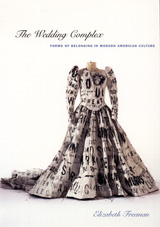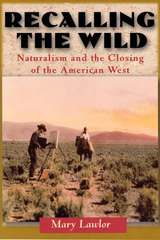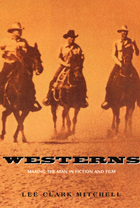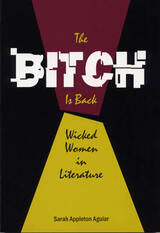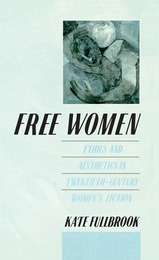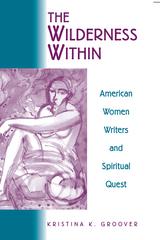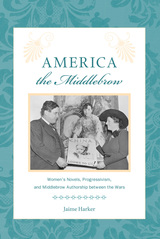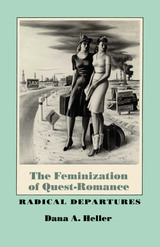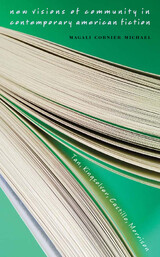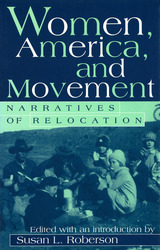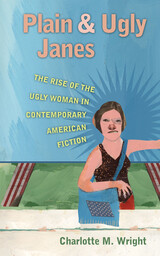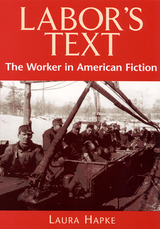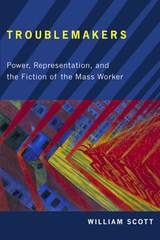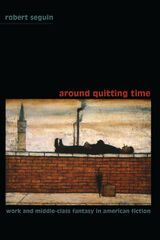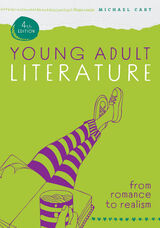New Visions of Community in Contemporary American Fiction: Tan, Kingsolver, Castillo, Morrison
University of Iowa Press, 2006
Paper: 978-1-58729-511-9 | Cloth: 978-1-58729-505-8 | eISBN: 978-1-58729-739-7
Library of Congress Classification PS374.W6M525 2006
Dewey Decimal Classification 813.54099287
Paper: 978-1-58729-511-9 | Cloth: 978-1-58729-505-8 | eISBN: 978-1-58729-739-7
Library of Congress Classification PS374.W6M525 2006
Dewey Decimal Classification 813.54099287
ABOUT THIS BOOK | AUTHOR BIOGRAPHY | REVIEWS | TOC | REQUEST ACCESSIBLE FILE
ABOUT THIS BOOK
In this engaging, optimistic close reading of five late twentieth-century novels by American women, Magali Cornier Michael illuminates the ways in which their authors engage with ideas of communal activism, common commitment, and social transformation. The fictions she examines imagine coalition building as a means of moving toward new forms of nonhierarchical justice; for ethnic cultures that, as a result of racist attitudes, have not been assimilated, power with each other rather than power over each other is a collective goal.Michael argues that much contemporary American fiction by women offers models of care and nurturing that move away from the private sphere toward the public and political. Specifically, texts by women from such racially marked ethnic groups as African American, Asian American, Native American, and Mexican American draw from the rich systems of thought, histories, and experiences of these hybrid cultures and thus offer feminist and ethical revisions of traditional concepts of community, coalition, subjectivity, and agency.Focusing on Amy Tan’s The Joy Luck Club, Barbara Kingsolver’s The Bean Trees and Pigs in Heaven, Ana Castillo’s So Far from God, and Toni Morrison’s Paradise, Michael shows that each writer emphasizes the positive, liberating effects of kinship and community. These hybrid versions of community, which draw from other-than-dominant culturally specific ideas and histories, have something to offer Americans as the United States moves into an increasingly diverse twenty-first century. Michael provides a rich lens through which to view both contemporary fiction and contemporary life.
See other books on: Community | Community in literature | Contemporary American Fiction | Ethnicity in literature | Minority authors
See other titles from University of Iowa Press
